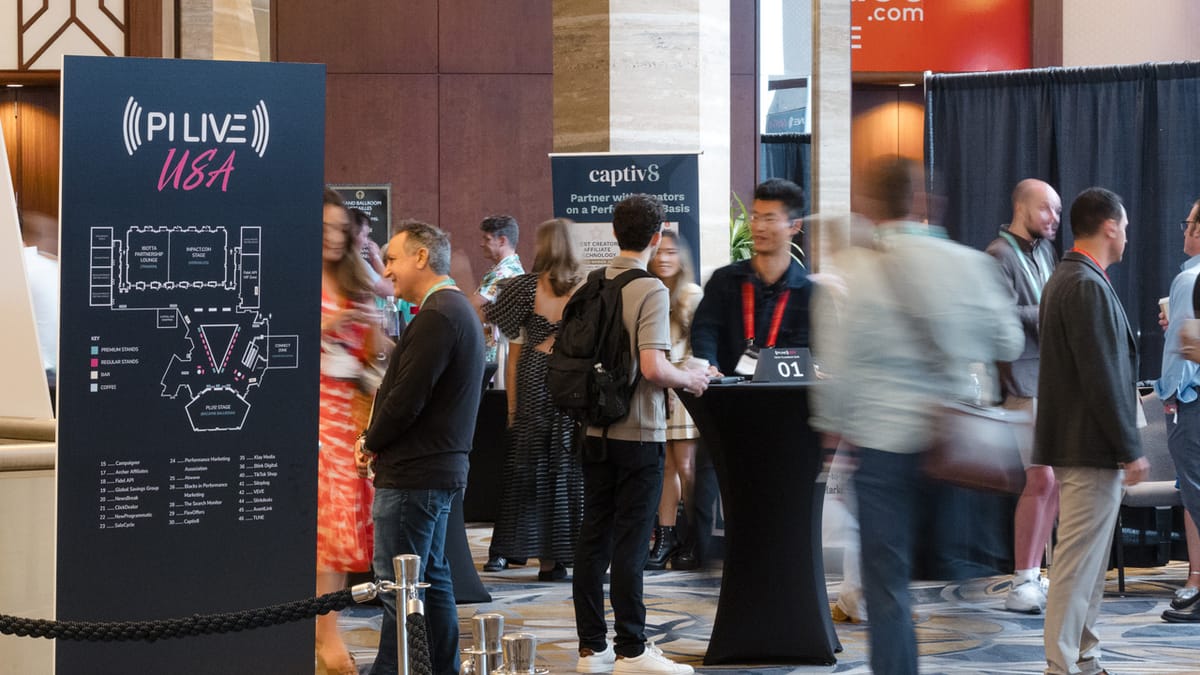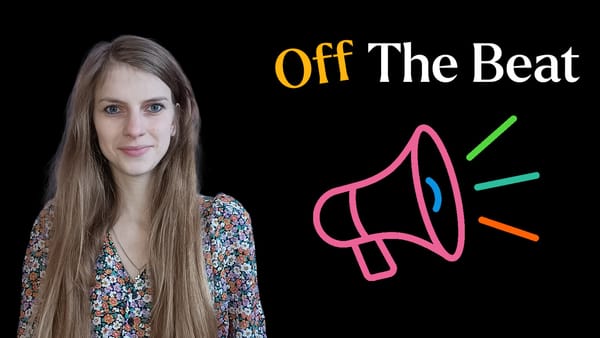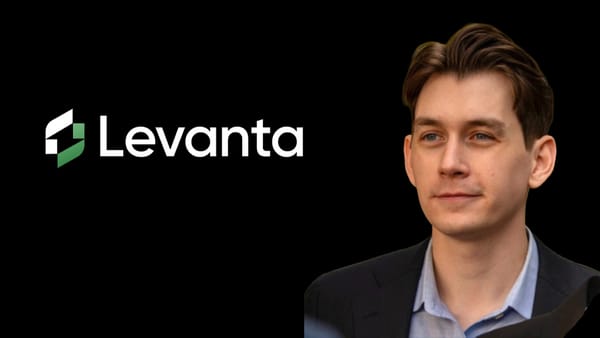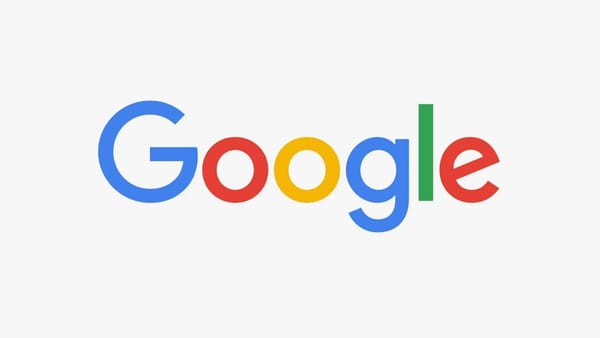With day two of PI LIVE USA now underway, let’s explore some of the highlights from yesterday’s epic conferencing.
As the curtains rose on the week’s events, Rakuten Advertising's Moxy Mixer provided the perfect prelude on Tuesday. An evening infused with industry brilliance, cocktails flowing freely, all against the backdrop of a golden South Beach sunset from The Moxy’s rooftop bar. Some brave members even ventured into the rooftop pool for a relaxed float in the spring evening breeze. Then, it was on to Paresh Connect – an exuberant party at the Blue Martini Miami club.
Yesterday, we swung open the doors to welcome over 700 eager attendees, transforming the elegant Intercontinental Hotel into a bustling hub of partnership marketers. Handshakes were exchanged, deals began to take shape, and valuable insights were eagerly noted down.
Out by the pool, in a chill cabana overlooking the seafront, our podcast partners went on air with electrifying conversations about various facets of affiliate marketing, delving into the careers of their guests and discussing the best strategies in the industry.
It was a pleasure to sit in on these chats. Some of my favourite moments included:
Mike Martinez from Active Junky talking to Marshall Nyman about his serendipitous journey into affiliate marketing. It reminded me of my own entry into the space and so many others I've talked to. You could say that you don't find affiliate marketing, affiliate marketing finds you. He also made a great point about how affiliate is a space that allows people to mix their passion with their work.
Andrew Covato and Tye DeGrange had a thoroughly interesting conversation about adtech. Among many things, Covato touched on open source. This is an idea I've been interested in since attending the Moonpull roundtable last year. Should affiliate marketing be more open source? Where tracking is concerned, there's an argument that an open source approach from networks and advertisers could help get the ball rolling on solving all the issues.
Covato gave his perspective. He said that while this strategy makes sense, the best way to achieve standardisation is to work with companies like Nielsen and advertisers to build more efficient and transparent measurement software on their side.
There were so many highlights from these podcasts. Keep an eye out for more on this soon.
Sponsored by AppLovin and impact.com, our dual stages emerged as the epicenter for captivating dialogues on the present landscape and future prospects of partnerships. Featuring a diverse lineup of speakers and industry stalwarts, we delved into topics ranging from the art of scaling content commerce to uncovering the hidden gems among publisher types, and even unraveling the mysteries behind more efficient measurement techniques. Stay tuned for deeper dives into the wealth of insights from our sessions in the weeks to come—we’ll make sure you don’t miss a beat!
SEOver? How AI is Transforming the Future of Coupon Hunting
I was very fortunate to moderate such an interesting session with an amazing panel of a pressing issue in affiliate marketing, that being the uncertain future of coupon partners and comparison sites in AI-powered search engines.
Traditionally, SERPs have been the hunting grounds of these partners since they first came to be. But this is all changing.
Google has made many steps towards becoming a publisher itself, diverting traffic away from coupon and comparison sites.
In the EU, this has been met with retaliation. Regulators have argued that Google has violated the Digital Markets Act by favouring its own products over competitors. However, in the US, there is not as much of a backlash against the search giant.
An expert panel – Hannah Buitekant from Daily Mail & Metro, Malte Landwehr from idealo, and Johannes Wirth from Global Savings Gorup – joined me to dissect this issue, give advice to publishers, and predict what the future holds.
Ultimately, the future isn’t looking bright for coupon and comparison sites on Google search. While legal battles give a fighting chance in the EU, these are long, drawn-out and expensive processes and we can’t expect to see results from this soon. In the US, there has not been as much of a reaction from regulators, so there’s less of a safety net.
So, how should affiliates react to this? Do they resist, or try to build coalitions with Google?
Our panellists stated that it is worth either trying to fight it or looking at alternative avenues, or both.
Diversifying your portfolio, branching into content, as well as looking at different search engines with less restrictions, were all recommended as key strategies.
This is a huge issue and our panellists gave so many useful insights, we’ll be covering this session in more detail soon.










